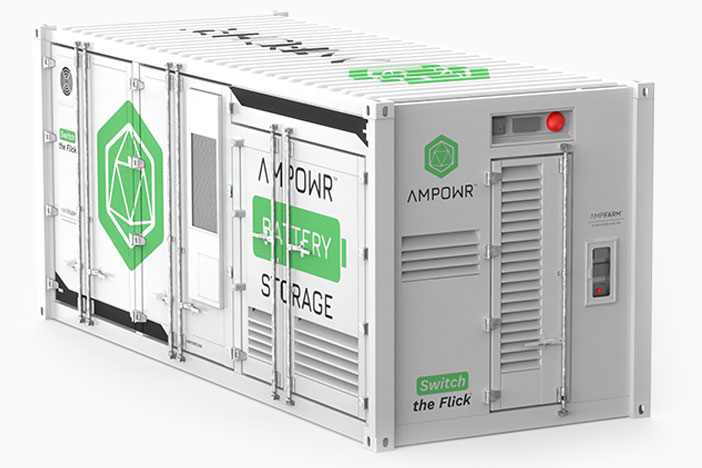How to Size a Battery Energy Storage System
Assess Your Energy Needs
The first step in sizing a BESS is to assess your energy needs. This involves understanding your daily energy consumption patterns, peak usage times, and identifying critical loads.
Analyze Energy Bills
Review your electricity bills for at least the past year to determine your average daily and monthly energy consumption.
Identify Critical Loads
List out essential appliances and systems that must remain operational during power outages, such as refrigerators, medical equipment, and lighting.
Peak Usage Times
Determine when your energy usage peaks, as this will influence the size and type of battery system required.
Determine the Purpose of Your Battery System
Understanding the primary purpose of your BESS will influence its size and configuration. Common purposes include:
Backup Power
Ensuring critical loads are powered during outages.
Load Shifting
Storing energy when rates are low and using it during peak pricing periods.
Renewable Integration
Storing excess energy generated by solar panels or wind turbines for later use.
Understand Energy Storage Capacity
Energy storage capacity, measured in kilowatt-hours (kWh), is a crucial factor. It represents the total amount of energy the battery can store. Your capacity needs will depend on your daily energy consumption and how many days of autonomy (independent operation) you require.
Daily Energy Consumption
Sum up the energy used by your household or facility in a typical day.
Days of Autonomy
Decide how many days you want the system to provide power without recharging. This is especially important for backup power applications.
Consider the Depth of Discharge (DoD)
Depth of Discharge (DoD) refers to the percentage of the battery’s total capacity that can be used without causing significant degradation. Most modern lithium-ion batteries recommend a DoD of 80-90%. Choosing a battery with an appropriate DoD ensures longevity and reliability.
Battery Longevity
Regularly using a higher percentage of the battery’s capacity can reduce its lifespan.
Optimal Usage
Stick to the recommended DoD to balance performance and durability.
Factor in Battery Efficiency
Battery efficiency, typically between 85-95%, reflects the energy loss during charging and discharging. Higher efficiency means less energy loss and more effective storage.
Energy Loss
All batteries lose some energy during operation. Higher efficiency batteries reduce this loss.
System Performance
Consider battery efficiency when selecting your system to ensure it meets your energy needs effectively.
Evaluate Power Rating
The power rating, measured in kilowatts (kW), indicates how much power the battery can deliver at once. This is crucial for meeting the peak power requirements of your critical appliances.
Peak Loads
Identify the wattage of all critical appliances and systems that need to run simultaneously.
System Capability
Ensure the battery’s power rating can handle these peak loads to avoid power shortages.
Plan for Future Expansion
Consider potential future increases in energy usage or additional renewable energy installations. Opt for a modular BESS that can be expanded as your energy needs grow.
Scalability
Choose a system that allows for easy expansion.
Growth Anticipation
Plan for potential increases in energy consumption or additional renewable energy sources.
Professional Consultation
Properly sizing a battery energy storage system involves a thorough assessment of your energy needs, understanding the system’s purpose, and considering factors like capacity, DoD, efficiency, and future expansion. By following these guidelines, you can ensure your BESS provides optimal performance, reliability, and cost savings.
It can be overwhelming to hear all these terms and steps, and it’s normal if you’re not familiar with all of them. At Ampowr, we have a dedicated team solely focused on calculating and describing, along with the client, which type and size of system suits best.
If you’re interested in a BESS and receiving a quote, don’t hesitate to get in touch with us. Our team will assist you. This investment in expertise can make a significant difference in the effectiveness and longevity of your battery energy storage system
Our Smart Battery Energy Storage Systems are leading the energy transition and powering a wide range of industries and applications.





